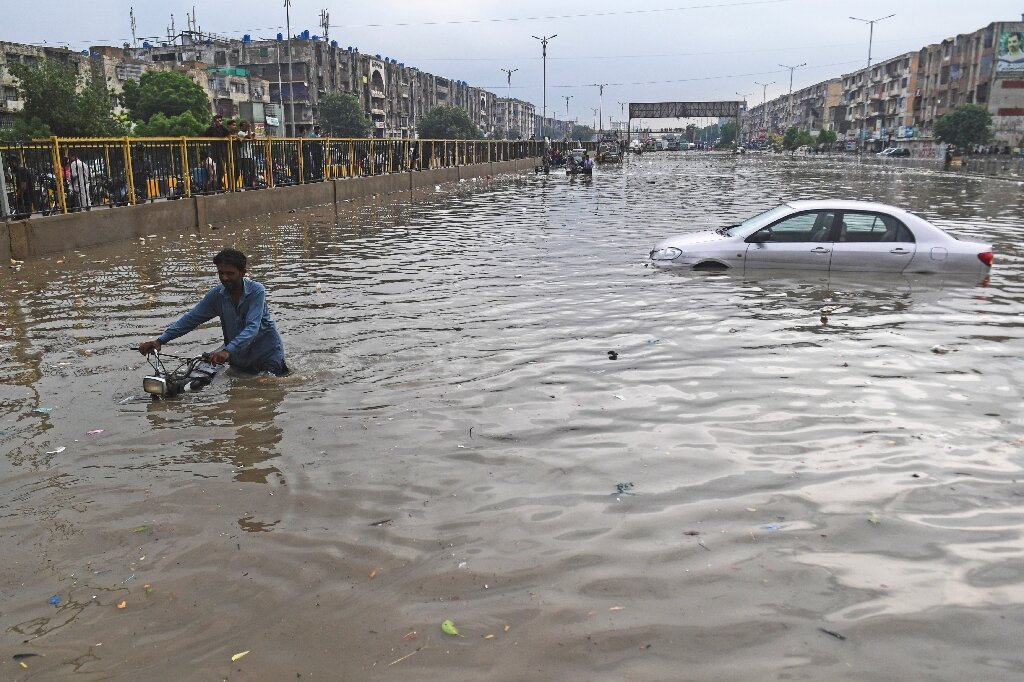If we make increased economic and environmental resiliency a priority in our recovery planning, the coronavirus epidemic can teach us a lot about how to deal with climate change
Health-care systems with adequate resources are necessary to safeguard us against dangers to our health, such as climate change. Support for the economy’s resuscitation during the epidemic should prioritise health, equity, and environmental protection. We live at a time when overlapping problems are being magnified on a global scale, resulting in unprecedented levels of inequality, environmental degradation, and climate instability, as well as new surges in populism, violence, economic uncertainty, and public health hazards. All of these issues are steadily tilting the scales, calling into question our decades-long business-as-usual economic model and forcing us to reconsider our next moves.
There are some connections that can be seen between the present COVID-19 outbreak and some of the other current challenges that our world is facing. All of them necessitate a global-to-local reaction and long-term planning; all of them necessitate scientific guidance and the protection of the most vulnerable among us; and all of them necessitate political resolve to make significant changes when confronted with existential threats. In this sense, the 2020 coronavirus pandemic may lead to a better awareness of the global linkages that bind us all and may aid us in dealing with the century’s greatest public health danger, the climate problem.
We are experiencing the disastrous repercussions of under-prepared health systems when they are faced with these increasingly frequent shocks at the World Health Organization (WHO), where I am part of the climate change team. Some of these health effects are clearly linked to climate change, such as increased frequency and severity of extreme weather events or the development of vector-borne diseases like malaria and dengue fever. The link between climate change and other diseases, such as the COVID-19 epidemic, is less evident.


























